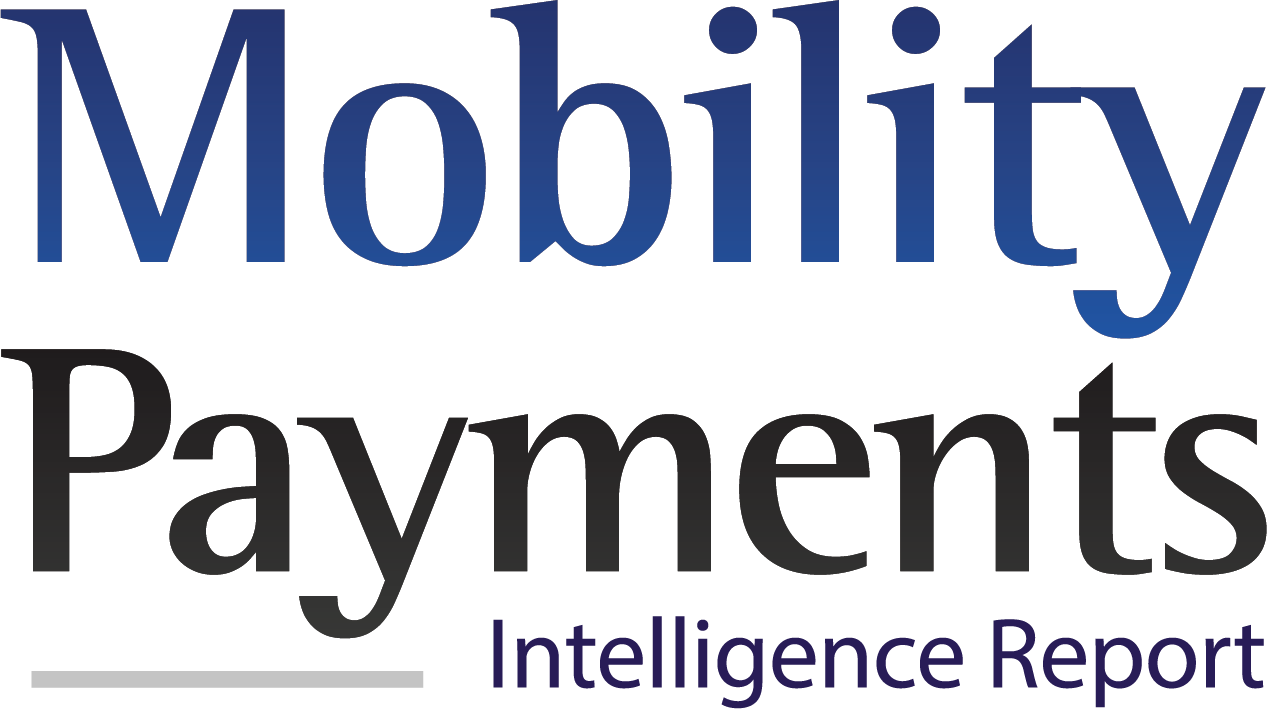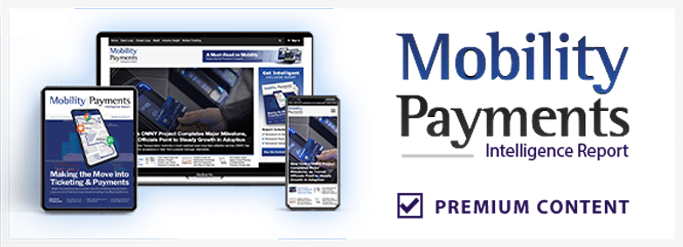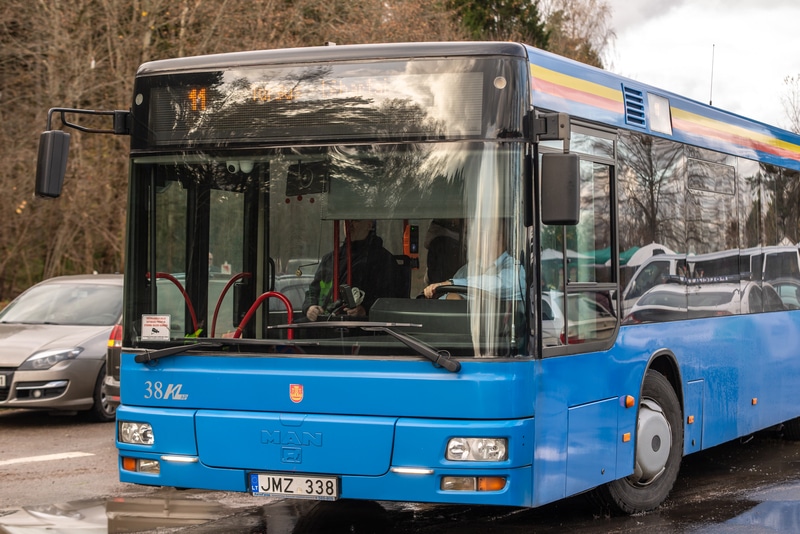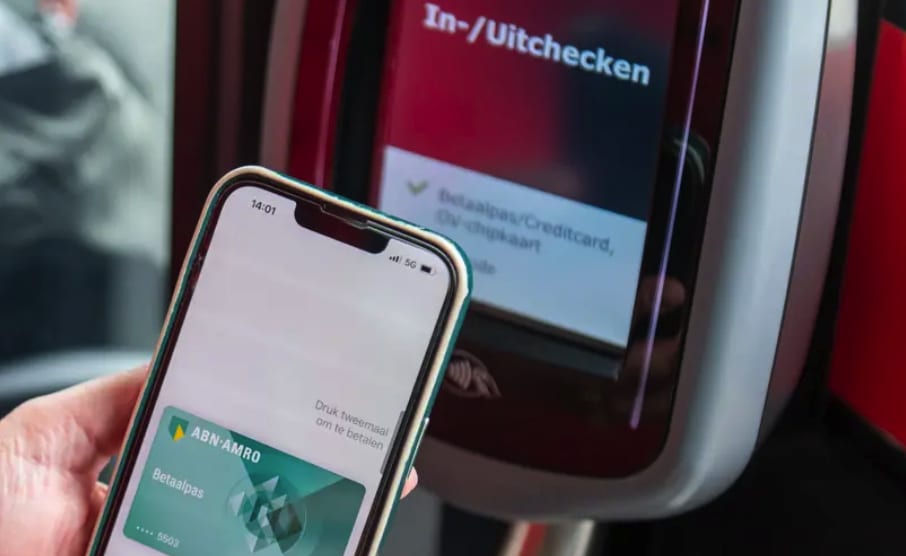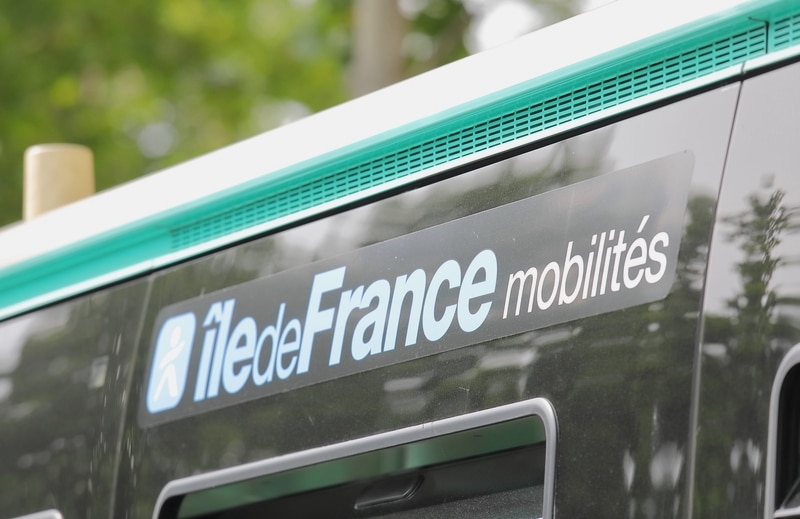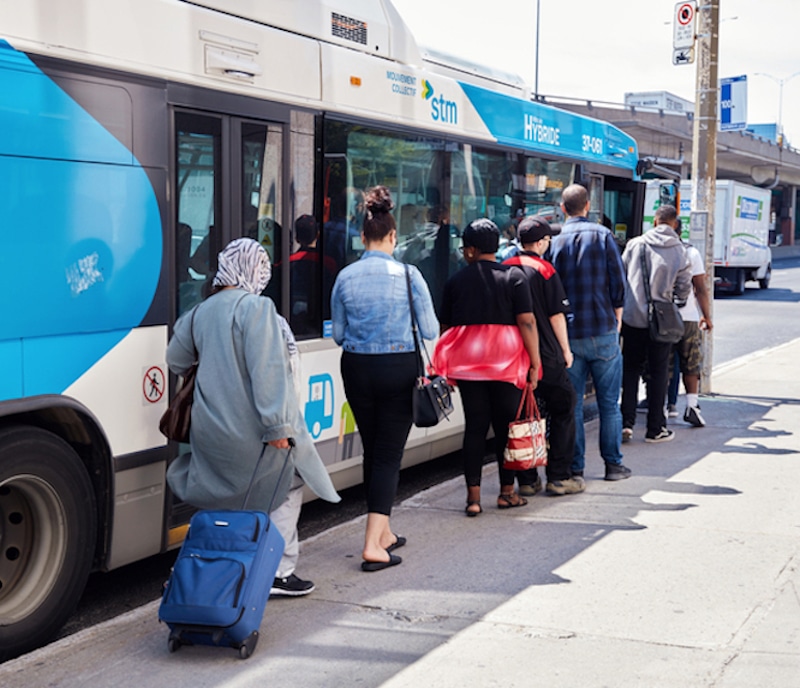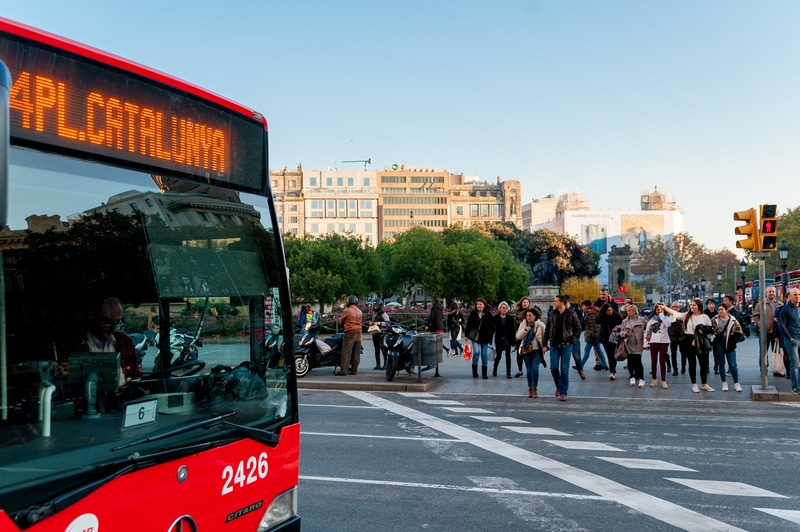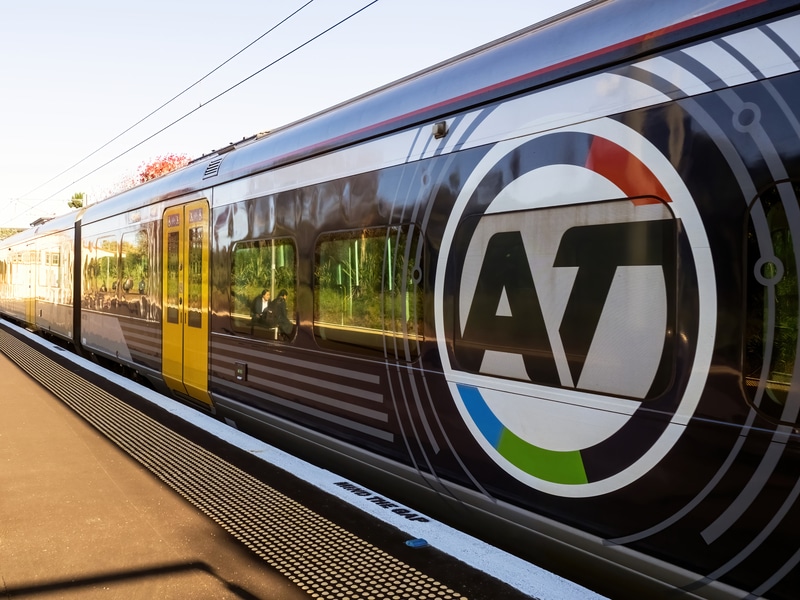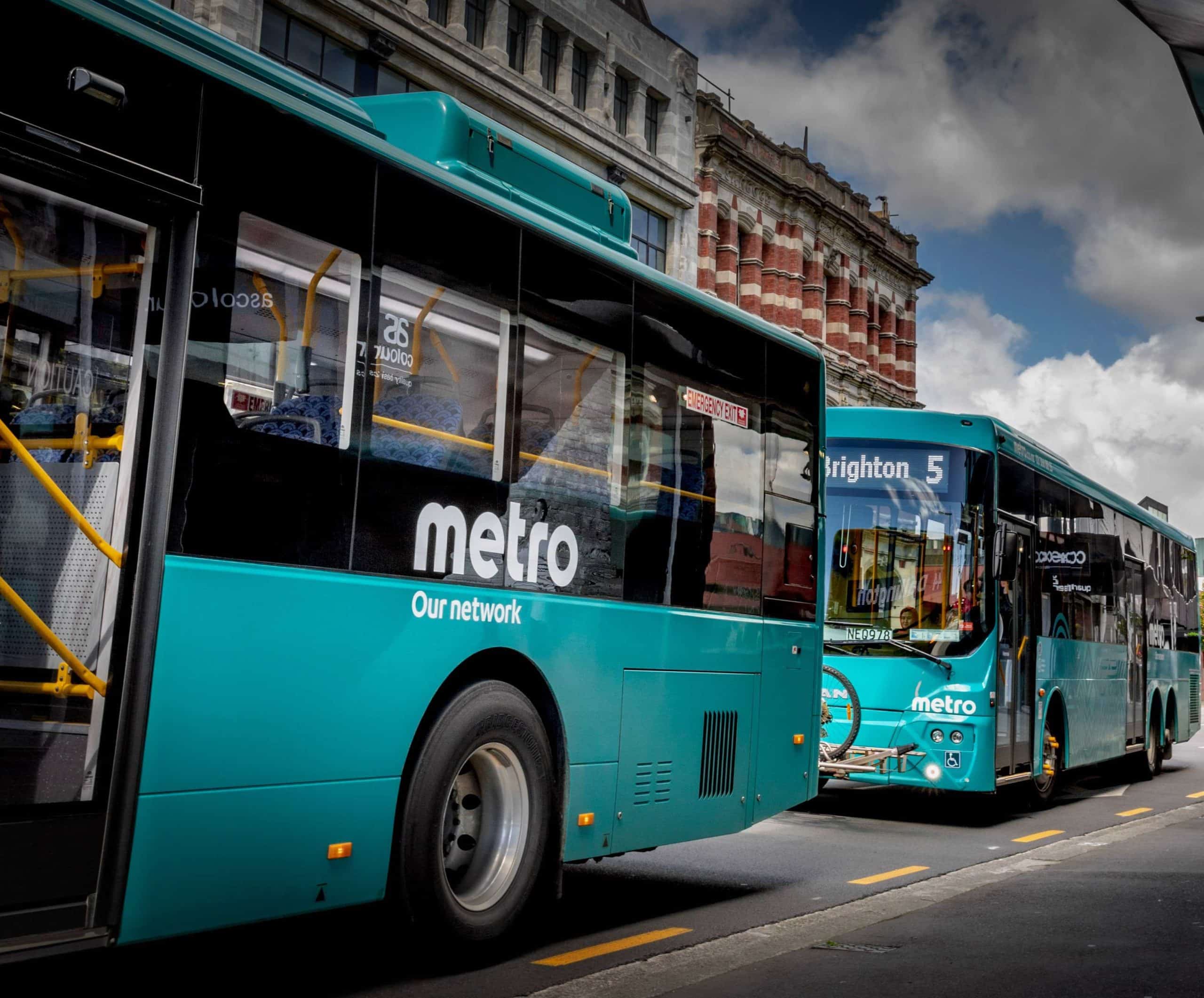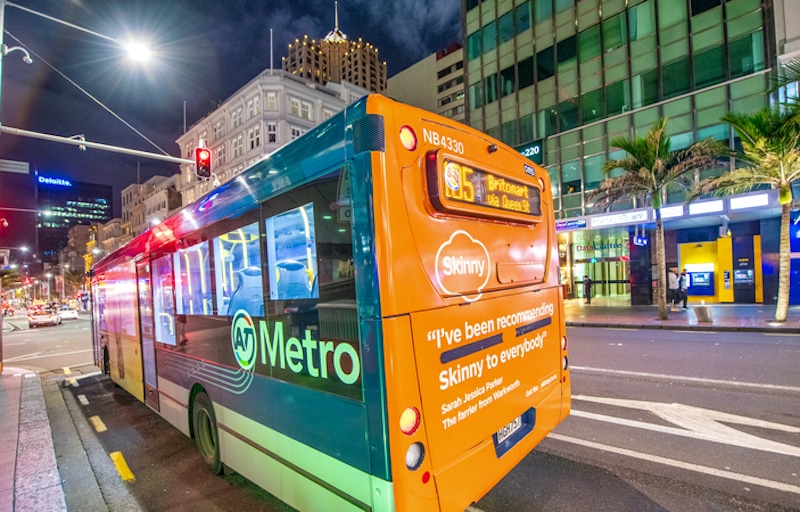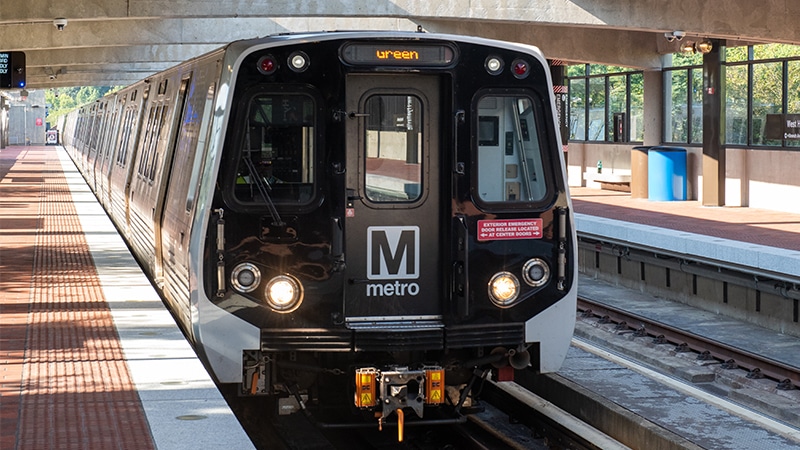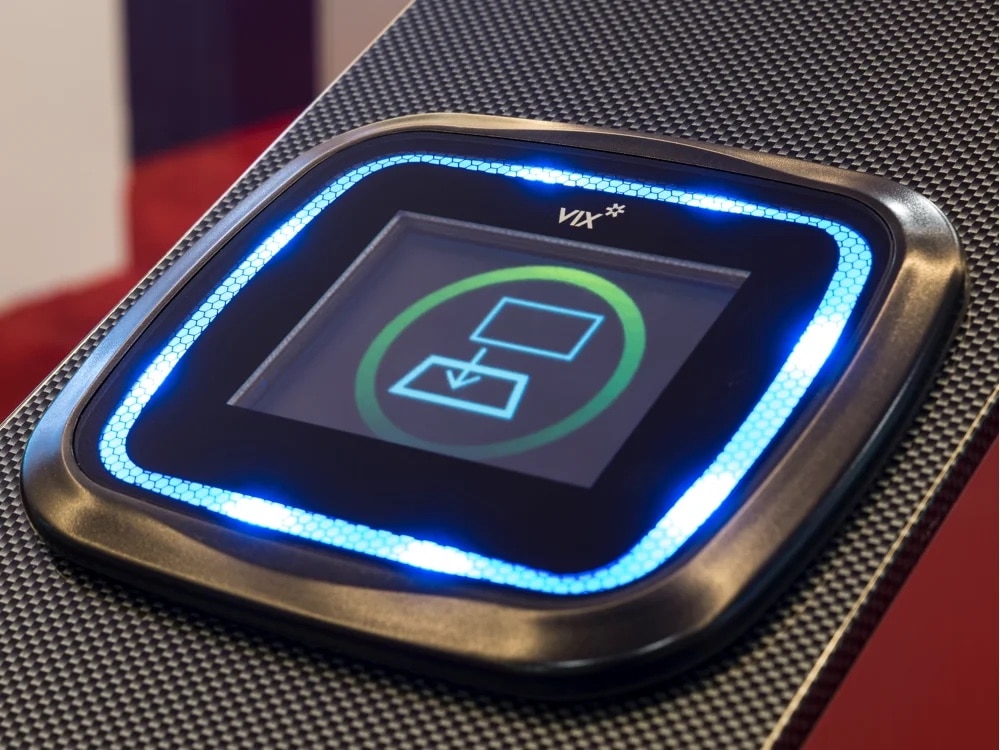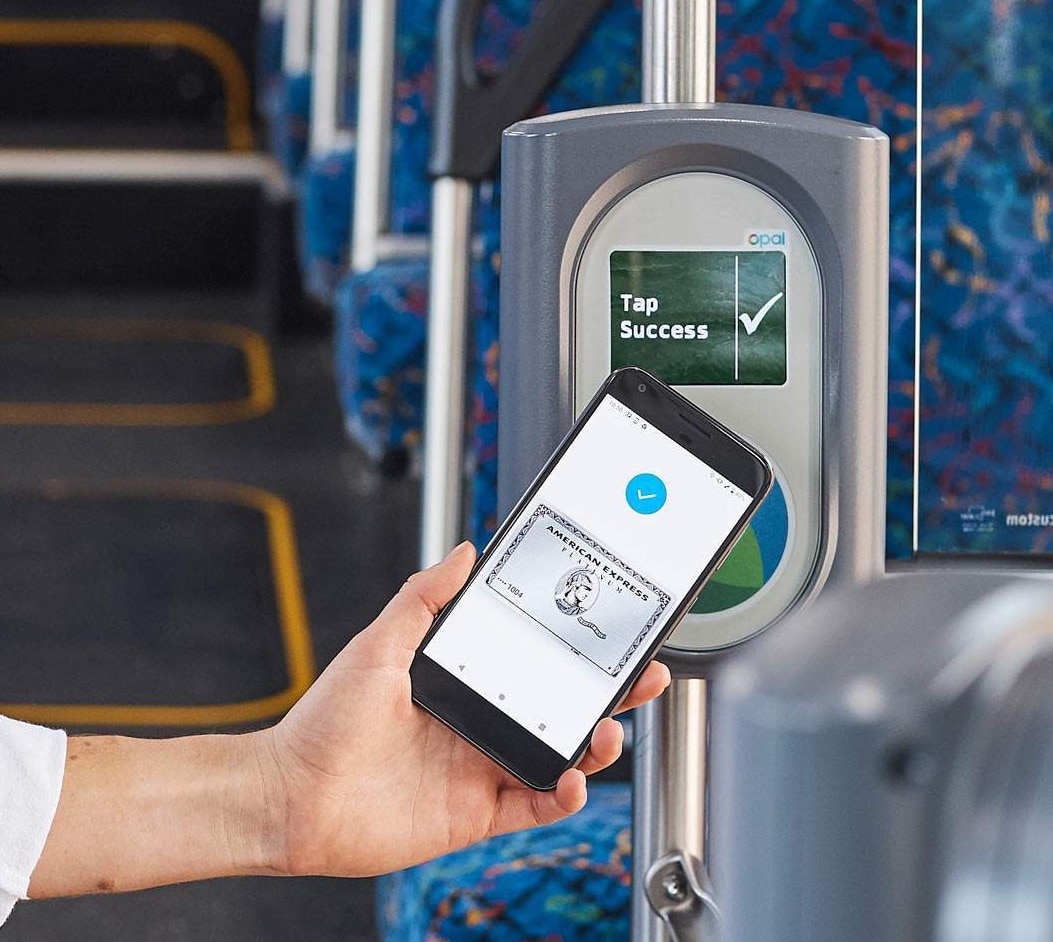
Article Highlights
Vilnius, the capital and largest city in Lithuania, is expected to contract for an open-loop payments system with a “cEMV-as-a-service” procurement model, a model starting to be seen elsewhere, as well. The transit agency serving Vilnius is likely to try to shift the risk of any new open-loop service to the vendor.
KKT in Klaipėda hired Estonia-based Ridango to set up and operate its open-loop service. Ridango will receive fees totaling a maximum of €1.4 million (US$1.5 million), according to tender documents. The contract will end when the cumulative fees reach this amount, whether the contract has lasted five years or not
• KKT (Lithuania)
• SI (Lithuania)
• Ridango
Vilnius, the capital and largest city in Lithuania, is expected to contract for an open-loop payments system with a “cEMV-as-a-service” procurement model–a model starting to be seen elsewhere, as well, Mobility Payments has learned.
